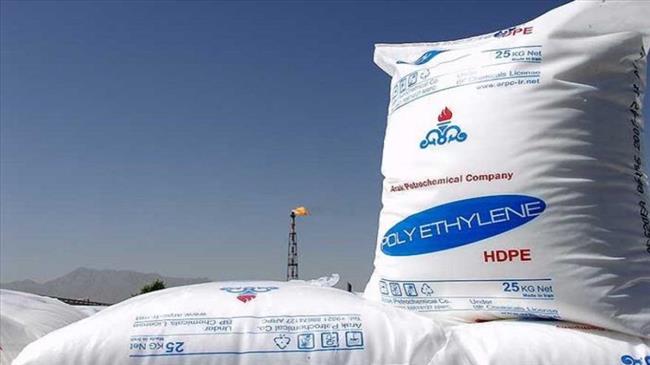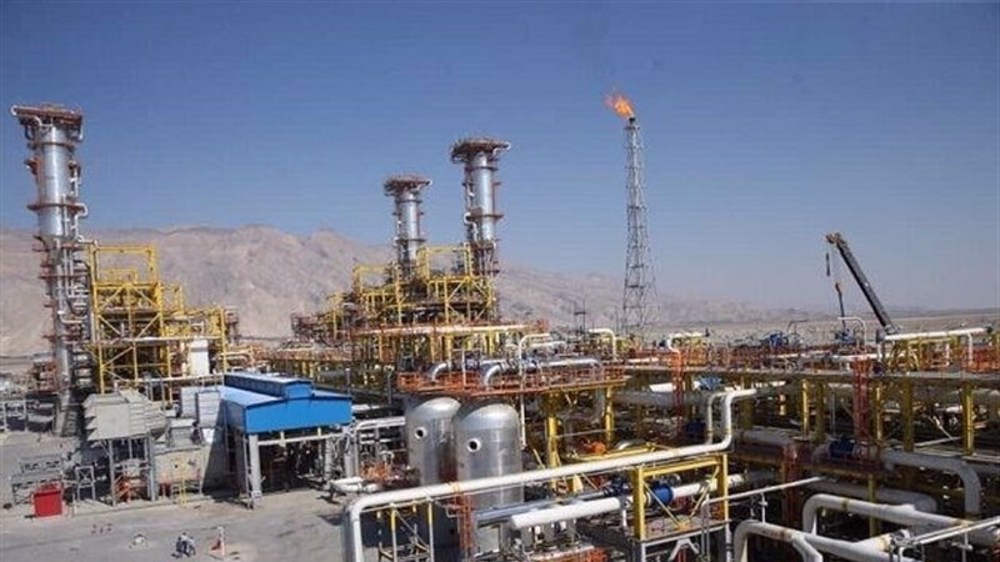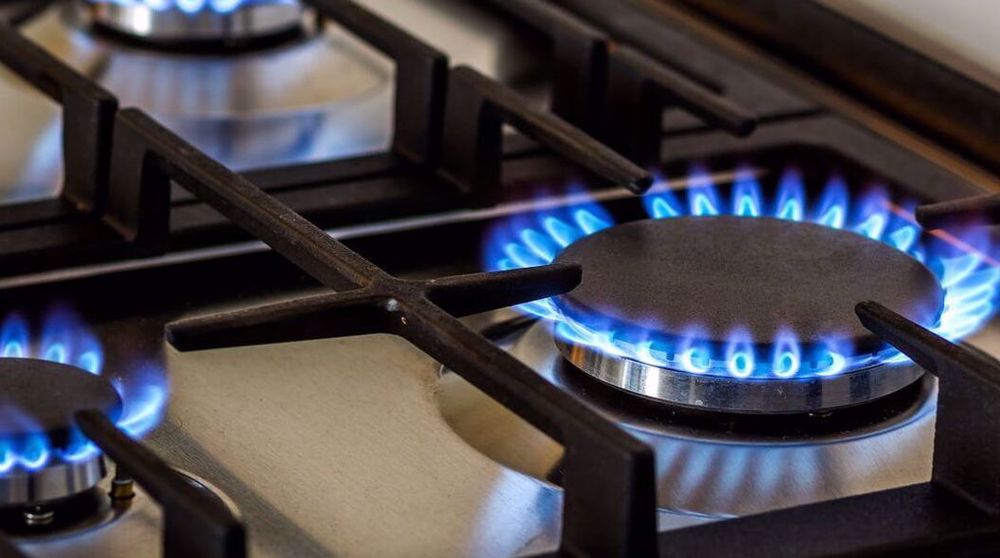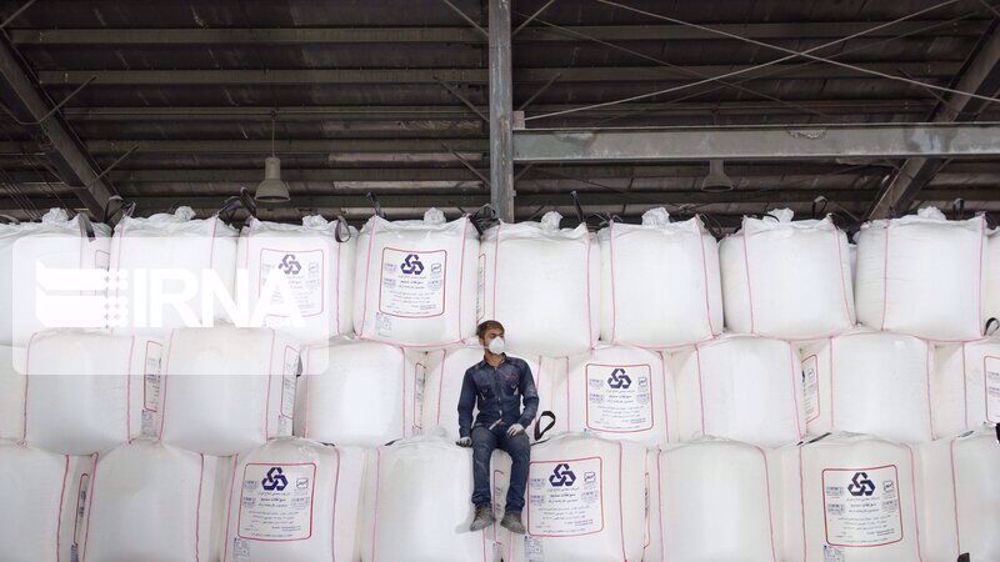Brazil is new market as Iran ups petrochemical sales
Brazil has emerged as a new destination for petrochemical shipments from Iran which is tapping new markets to compensate for sliding oil sales.
Several test cargoes have been sent to Latin America’s biggest economy in recent weeks. According to Reuters, citing ship-tracking data, at least 10 vessels carrying petrochemicals each made at least two voyages from Iran in November.
The news agency quoted Carlos Millnetz, a director at chemical company Eleva Química Ltda based in Brazil’s southern Santa Catarina state, as saying that they had been importing urea from Iran.
“Iran wanted to diversify the destinations, they were looking for a Brazilian partner, and we thought it was a good opportunity,” he said.
Reuters said at least 230,000 tonnes of urea had already been booked for Brazil in recent weeks, which included two shipments for chemical company Eleva Química Ltda, based in Brazil’s southern Santa Catarina state.
Two Iranian vessels made deliveries to Imbituba port in southern Brazil between March and April bound for Eleva Química, it added.
Reuters is noted for acting as a virtual informant for the US government, reporting in great detail on every international trade move by Iran, with the apparent goal of curbing it through sanctions.
China and India are Iran’s established markets for petrochemical products. Neighboring Pakistan is reportedly a new customer and received some overland deliveries.
Since the start of the year, at least 10 cargoes of methanol have been shipped to China from Iran, while multiple shipments have been made to India, including several cargoes of ammonia.
Petrochemical exports are a crucial boon to Iran’s derive to weather draconian US sanctions which mainly aim to dry up the Islamic Republic’s oil exports.
Iranian officials say the wide diversity of petrochemical products and huge international demand for them because of their quality and price make the industry unsanctionable.
Washington sanctioned Iran’s petrochemical industry in November, banning purchases of Iranian aromatic, olefin, and synthesis gas, and any of their derivatives, including ethylene, propylene, butadiene, benzene, toluene, xylene, ammonia, methanol, and urea.
Last week, the US Treasury Department said it had hit Iran’s Persian Gulf Petrochemical Industries Company (PGPIC) with economic sanctions due to its ties with the Islamic Revolution Guards Corps (IRGC).
PGPIC is Iran’s largest and most profitable petrochemical group which has 39 subsidiaries. It holds 40 percent of Iran’s total petrochemical production capacity and is responsible for 50% of the country’s petrochemical exports.
The sanctions are part of Washington’s bid to stop Iran’s petrochemical, steel and copper exports, and to disrupt its ports and shipping services.
On Monday, CEO of Iran’s National Petrochemical Company Behzad Mohammadi shrugged off the US sanctions, saying they will not impact the industry.
“Sanctions against Iran's petrochemical industry are not a new thing, because we have been struggling with these issues for many years, and have still been able to build an appropriate production and sale basis,” he said.
Ahmad Sarami, a member of the Iranian Oil, Gas and Petrochemical Products Exporters’ Union, said this week the country received $11 billion from petrochemical exports in the year ending in March.
Iranian media outlets also said the country is pressing ahead with building its third petrochemical hub which will have such capacities as power generation, water production, petroleum refining as well as steel and aluminum production.
Pezeshkian: Iran open to talks but prepared to crush enemy if attacked
Araghchi: Iran-Russia strategic deal step toward ‘more just world’
UNRWA unraveled amid Israel's allegations, reduced intl. support
Palestinian journalist, a Sobh Media Festival awardee, killed in Gaza hours before truce
Jan. 15: ‘Axis of Resistance’ operations against Israeli occupation
VIDEO | Fears, hope in Gaza amid intensified ceasefire efforts
VIDEO | Press TV's news headlines
Hamas: Ceasefire agreement result of steadfastness, resistance in Gaza over 15 months











 This makes it easy to access the Press TV website
This makes it easy to access the Press TV website